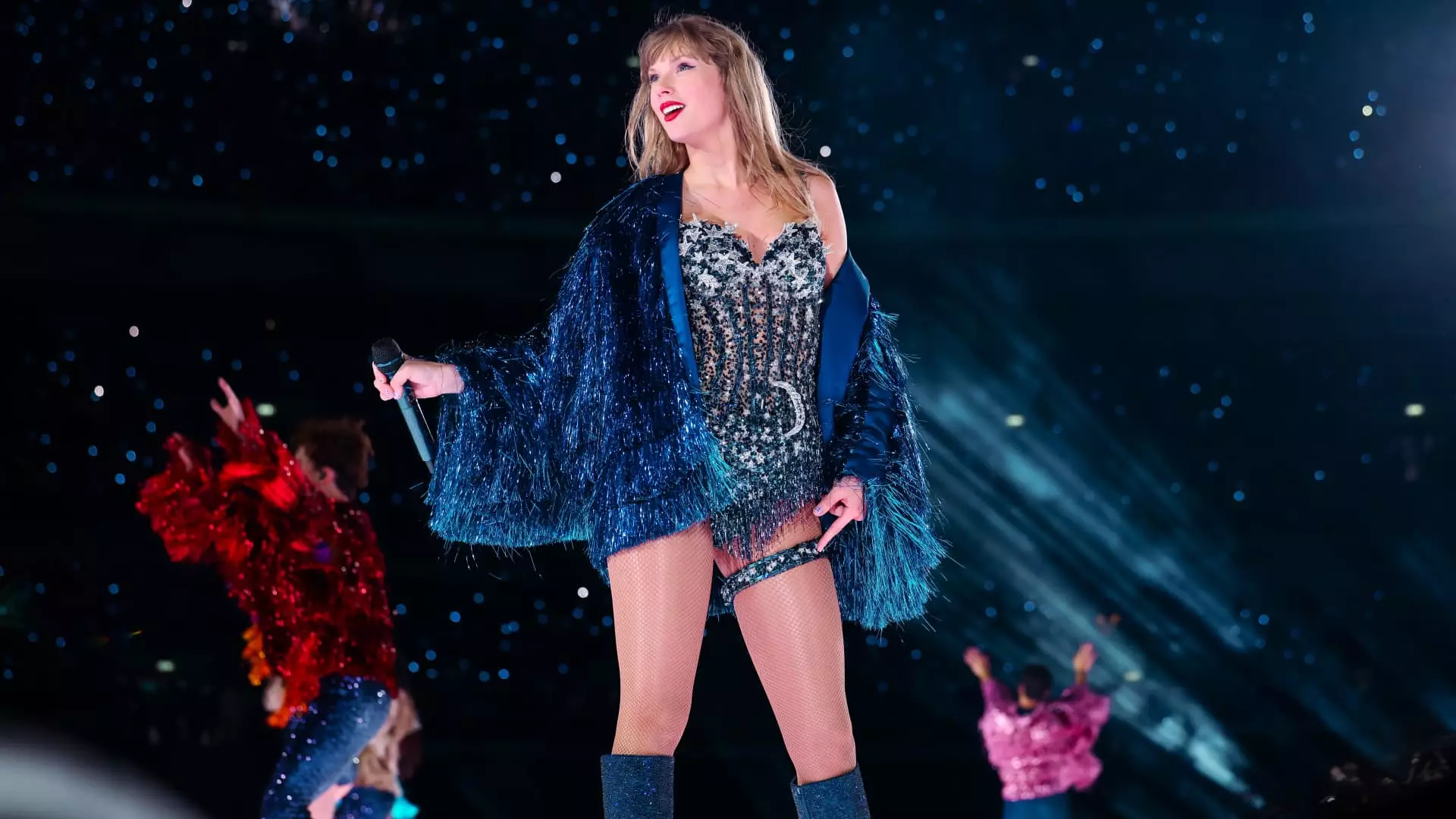The political landscape often finds itself entangled with the world of entertainment, especially when celebrity endorsements come into play. The latest episode in this ongoing saga involves none other than pop icon Taylor Swift, whose vocal support for Vice President Kamala Harris has sparked considerable backlash from former President Donald Trump. Swift’s endorsement, articulated through her Instagram post, was delivered shortly after a heated presidential debate. This endorsement highlighted her view of Harris as a “steady-handed, gifted leader” capable of uniting a divided nation amid a tumultuous political climate.
Trump’s response was as aggressive as it was immediate. Declaring in all caps on the social media platform Truth Social, he positioned Swift in direct opposition to his political beliefs. This public spat underscores not just the tension between celebrity culture and political life, but also the ways in which figures like Trump attempt to discredit endorsements that challenge their narrative.
The Impact of Celebrity Voices
Despite the fierce critiques that seep into the political discourse, this incident raises questions about the efficacy of celebrity endorsements in influencing public opinion. Taylor Swift, who boasts millions of followers, managed to funnel over 300,000 visitors to the government website Vote.gov after her endorsement. This figure hints at a potential shift in voter engagement, particularly amongst younger demographics who may relate more closely to a pop star than a seasoned politician. However, the long-term effects of such endorsements on electoral outcomes remain difficult to measure.
Among the notable aspects of Swift’s endorsement is her self-reference as a “childless cat lady,” which not only pokes fun at derogatory remarks stems from Vance, a Republican vice presidential nominee, but also speaks to the broader theme of female empowerment and resilience. By taking a stand, she aligns herself with progressive values while challenging stereotypes that have historically plagued women in leadership roles.
Political Responses and Public Sentiment
In a strategic move, the Harris-Walz campaign capitalized on the viral nature of Trump’s tirade against Swift. Campaign spokesperson Sarafina Chitika cleverly utilized references to Swift’s music, framing Trump’s actions as mere desperate distractions promoting division and conspiracy theories. This type of messaging resonates well in a political environment where voters seek authenticity and a sense of belonging, leading to an overarching desire for a return to unity and opportunity under Harris’s leadership.
The political ramifications of such incidents shed light on the divisive nature of modern politics. As Clinton famously stated, “Politics is personal,” and the incorporation of celebrity influence highlights the aspirational aspect of political advocacy. Ultimately, events like this serve as a pivotal reminder that the intersection of entertainment and politics can catalyze public engagement, challenge the status quo, and, in essence, reshape the narrative that defines contemporary electoral contests. Whether or not such endorsements significantly sway votes continues to warrant examination, but their capability to spark dialogues remains indisputable.


Leave a Reply